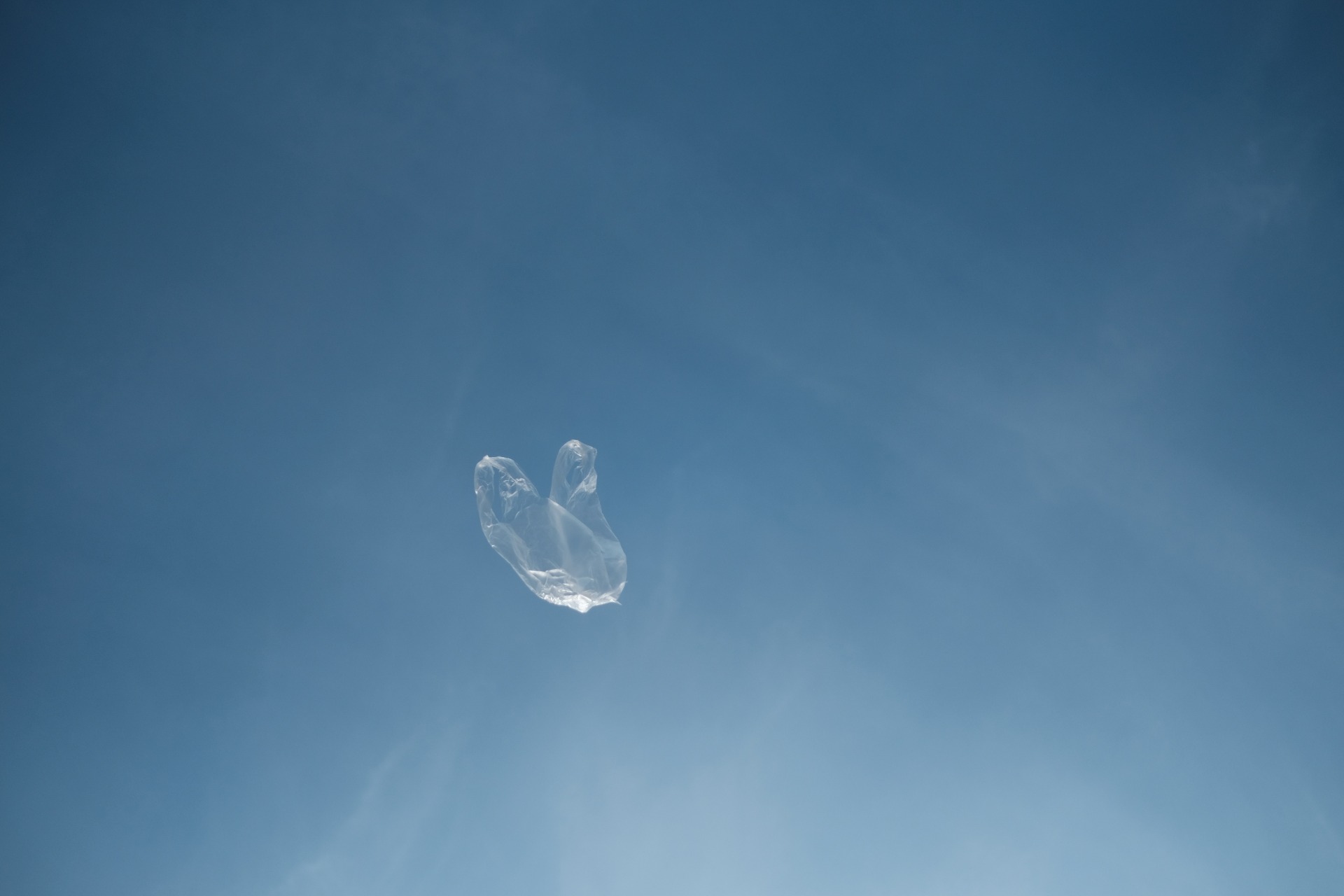7 reasons to stop using classic plastic bags and small plastic bags
Although they aren't as common as before, there are still many plastic bags in our lives. The plastic bag is offered by the vast majority of stores and disposable plastic bags are freely available for almost every vegetable, fruit or pastry, often offered as the only one alternative. We use these bags as a matter of course, they are an essential part of our modern and comfortable life.

Obviously, few of us are aware of the serious environmental impact of plastic bags and small plastic bags. They are part of global pollution, representing danger to animals and most likely to humans. Some countries have opted for a partial or even total ban on plastic bags and disposable plastic bags (currently more than 127 countries), and the number continues to grow.
Here are 7 reasons why we should dispose of plastic bags and small plastic bags once and for all.

- Plastic bags and small plastic bags contaminate oceans, rivers and land. Because plastic bags are light, the wind can blow them up to several kilometers away. Bags often end up in bushes, trees, caught in fences, or float in streams, rivers and ponds where they pose a threat to the environment. Plastic bags can reach the sea, where they are added to another 20 million pieces of plastic that are currently floating in the ocean and contribute to global pollution.
- Plastic bags and small plastic bags do not decompose. Plastics which are oil-based do not decompose, but disintegrate into smaller and smaller parts, so-called microplastics and nano plastics. These particles enter the soil and water, and thus into the organisms of wild animals. Currently, microplastics can be found in four-fifths of drinking water.
- Plastic bags and small plastic bags pose a danger to wild animals. Since plastic bags are trapped on trees and float in water, animals often confuse them with food. If an animal eats plastic, its digestive system will not cope with it in most of the time, so it remains in the stomach or intestines of the animal, where it causes inflammation, constipation, and finally death. Plastic bags can also cause suffocation or starvation, and sometimes loss of mobility if the animal is entangled in plastic nets, etc. In extreme cases disposable plastics lead to the destruction of entire ecosystems.
- Plastic bags and small plastic bags can be dangerous for humans as well. Although research is still ongoing, there are theories that pathogens can attach to microplastic particles and in this way "reach" the bodies of animals that end up on our plate. In addition, plastics release chemicals that can accumulate in the bodies of breeding animals. If we eat products from these animals, plastics can also negatively affect our health. According to some scientists, it may also happen that our body will not cope with the smallest microplastic particles and they will gradually begin to settle in our bodies and cause health complications. Research is still ongoing, but the problem of microplastics should not be taken lightly.
- Plastic bags and small plastic bags are difficult to recycle. Although can be found almost everywhere, the truth is that plastic waste recycling is often a challenge. According to official data from EKOKOM, 69% of plastic packaging in the Czech Republic will be sorted out, about half of which goes to recycling. This means that in the Czech Republic we recycle only about 35% of all discarded plastic packaging. The rest ends up in a landfill, incinerator or cement plant.
- We waste plastic bags and bags unnecessarily. If we all stop throwing away plastic bags and small plastic bags after a single use, it is very likely that we will begin to accumulate huge quantities at home. Each of us can only use a certain number of bags and small bags, moreover most of them have a very long life. Nevertheless, we tend to regard these bags and small bags as consumer goods, and we often dispose of them too soon. The more plastic bags we throw away, the worse the global "plastic crisis" will be.
- There are already alternatives that can effectively replace plastic bags and small plastic bags. We've gotten used to the endless supply of disposable bags and small bags but switching to more sustainable non-plastic products can be just as simple. Bamboo straws can be an alternative to plastic straws, food can be stored in jars, and bags and small bags can also be replaced, for example with Solubag, which dissolves easily in hot water, is easy to put into production and does not pollute the environment. Even if you do not dissolve Solubag in hot water but simply throw it into the mixed waste, it will decompose into substances that are naturally found in nature in 180 days due to the weather and microorganisms in the soil.
Beaches and the sea floor in Europe are contaminated with a layer of plastic waste.
If we do not replace plastic bags and small plastic bags with a less destructive alternative soon, we may find in a few years that we have surrounded ourselves with micro-plastics that will negatively affect our health and which we will not be able to get rid of. One solution may be Solubag, which currently offers bags, small bags and some protective pieces of clothing, but its assortment is gradually expanding, and we are working on new products.



